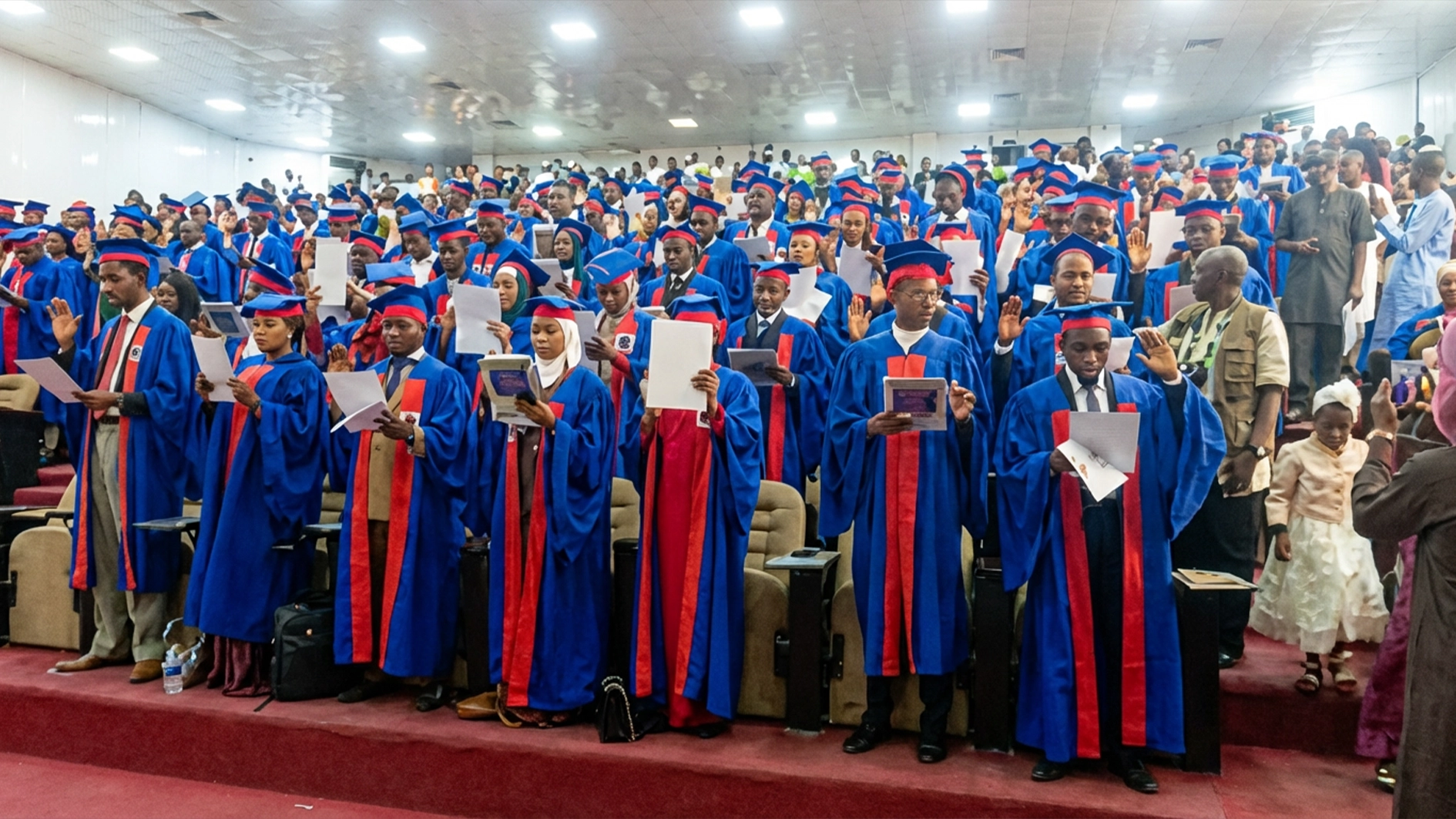The Federal Government has urged dental technologists to embrace innovation, digitalisation, and stricter regulation to strengthen their role in Nigeria’s evolving healthcare system.
Minister of State for Health and Social Welfare, Dr Iziaq Salako, speaking at the maiden Dental Technologists National Summit organised by the Dental Technologists Registration Board of Nigeria (DTRBN), stressed the need to modernise standards, curb quackery, and enhance multi-disciplinary collaboration.
Salako described the board as “critical to health outcomes” and called for digitisation of its operations, including student indexing, practitioner registration, and location tracking. He advocated the adoption of advanced methods such as digital scanning, 3D printing, and modern dental materials, noting that technologists’ technical skills and adaptability were essential to achieving better health outcomes.
The summit, themed “Dental Technologists: Past, Present and Future,” brought together health professionals, policymakers, and students to examine the profession’s evolution and its role in national health reform.
Salako urged practitioners to prevent quackery, while the DTRBN should strengthen monitoring systems through technology to ensure only qualified personnel practice.
Speaker of the House of Representatives, Hon. Tajudeen Abbas, represented by the Deputy Chairman of the House Committee on Healthcare Services, praised technologists’ contributions and pledged legislative support for reforms that promote ethical practice, research, and collaboration.
Permanent Secretary of the Ministry of Health, Kachollom Daju, reaffirmed the government’s commitment to strengthening dental practice, urging professional unity and an end to divisions between doctors and dental surgeons. “We are one family, and united for a cause,” she said.
DTRBN Registrar, Idris Bappah, said the board has promoted discipline, professionalism, and ethics while overseeing a growing workforce of licensed technologists. He described the summit as a platform for frank discussions to address challenges, urging continuous learning and ethical conduct.
“This summit is not just a gathering; it’s a call to action,” Bappah said. “Let us challenge the status quo, collaborate meaningfully, and co-create a profession defined by excellence and integrity.”






